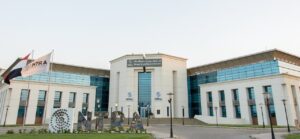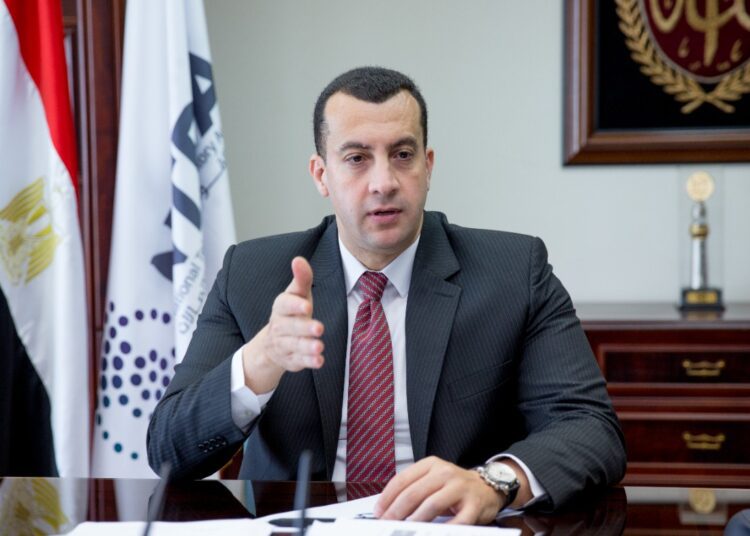The National Telecommunications Regulatory Authority of Egypt (NTRA) has issued the regulatory framework for providing Internet of Things’ (IoT) services in the Arab Republic of Egypt. IoT is actually deemed one of the most important mainstays of Industry 4.0, operating the major systems as well as digital services of smart cities including smart home, smart meter and smart transportation. In fact, such a step comes in line with the State’s strategy to foster digital transformation across the State’s different sectors and polarize as well as increase investments in this field. Moreover, it aims to support the State future plans to establish further smart cities.

To this end, NTRA had studied the optimum international modules and practices with respect to IoT services. In addition, Meetings and hearing sessions are currently arranged by NTRA with a number of local as well as global organizations, operating in such a field, to figure out the best regulatory policies applicable in international markets as well as fitting Egypt’s telecom market. Such a framework was actually prepared and approved to act as a regulatory tool facilitating IoT service procedures.
Furthermore, Eng. Hossam El-Gamal, the Executive President of NTRA, has declared that the new regulatory framework aims to polarize investments to establish IoT networks and sophisticated app platforms. It also helps with enforcing the State’s policy of Industry 4.0 and foster digital information through establishing a large number of sophisticated systems, operated via IoT technologies, across the different sectors of State. These technologies would also contribute to mechanizing business cycles and providing sophisticated e-services to citizens. Eng. Hossam El-Gamal, has further pointed out that the regulatory framework to provide IoT services was adopted and approved by NTRA in conjunction with Egypt 2030 Vision, which entails the foundation of a number of cities similar to the New Administrative Capital. Such a framework seeks to allow creating a number of modern smart systems in smart cities and communities. It also helps with the transformation from traditional to modern smart systems to expedite and facilitate the process of e-service provision.
It’s worth noting that IoT services is a terminology indicating all equipment interconnected via telecom networks, where data are exchanged to fulfill the requirements and needs of citizens in all life aspects. IoT apps are also diversified according to different aspects of usage including end-user, commercial and industrial, infrastructure as well as government activities.






Discussion about this post